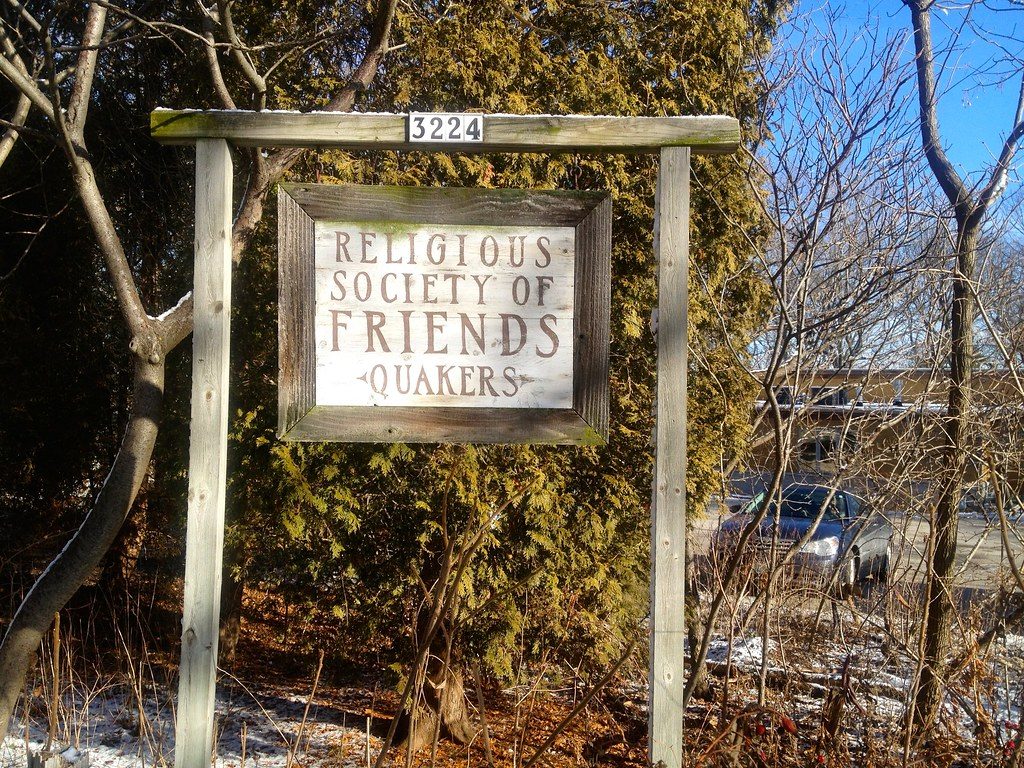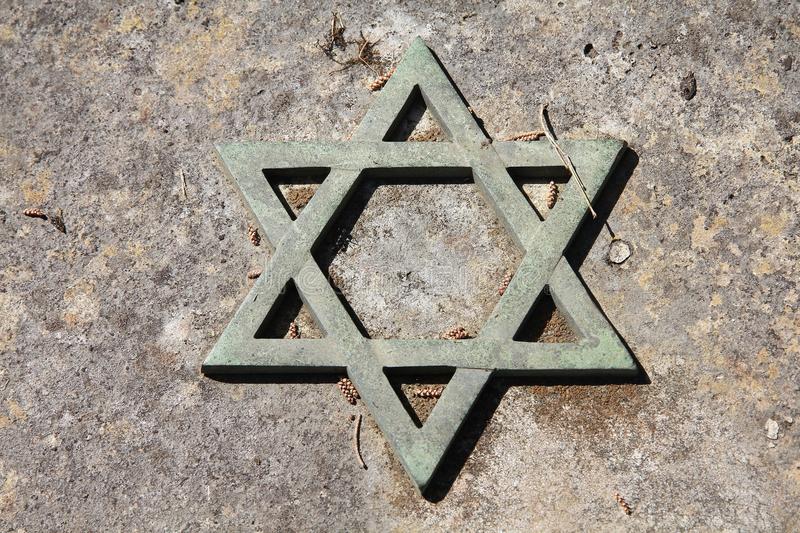Blog and In the News
-
 The Language of Jazz
The Language of JazzAll April long, National Jazz Month celebrates the heritage and history of the all-American art form. Soulful and rich, jazz is a veritable language. Just like any language, jazz has structure and expresses ideas and emotions. Language is what we use to communicate thoughts and feelings. Music is a universal language and jazz is spoken with all …
Read More -
 Funeral Rites Across Different Cultures: Humanists
Funeral Rites Across Different Cultures: HumanistsHumanism is a philosophy or worldview that is found throughout time and across the world in many different cultures. Humanism is a comprehensive, non-religious life stance that affirms human beings have the right and responsibility to give meaning to and shape their own lives. Humanists place great importance on thinking and reason as ways people can be …
Read More -
 Funeral Rites Across Different Cultures: Quakers
Funeral Rites Across Different Cultures: QuakersQuakers are a diverse global community inspired by the values of harmony, equality, and integrity. Quakers belong to a historically Protestant Christian set of denominations known as the Religious Society of Friends; members refer to one another simply as “Friend.” Taking seriously the call to loving enemies and the practice of nonviolence, Quakers seek to experience God …
Read More -
 Way Versus What: Jazz
Way Versus What: JazzThis April, Woodlawn jazzes up for a month to celebrate Jazz Appreciation Month to honor one of America’s most iconic art forms. Improvisation is a key ingredient of jazz. A living music that expresses the feelings, dreams, and hopes of people, jazz is all about being in the moment. Jazz is more about the way a song …
Read More -
 America’s Sound: Jazz
America’s Sound: JazzApril is Jazz Appreciation Month, a celebration to advance recognition of jazz as America’s original music. Woodlawn recognizes jazz as an art form that represents the complexity of America’s pluralistic, democratic society. A music genre that originated in the African American communities of New Orleans, jazz is a broad style of music characterized by complex harmony, …
Read More -
 Funeral Rites Across Different Cultures: Islam
Funeral Rites Across Different Cultures: IslamIslam is a major world religion centered around the Quran, the sacred scripture of Islam, and the teachings of Muhammad. Islam is predicated on the belief in one god, Allah. Followers of Islam, or Muslims, believe there is one God, Allah (the Arabic word for God). Islam began with the Prophet Muhammad, who is a religious leader and …
Read More -
 Funeral Rites Across Different Cultures: Native American Traditions
Funeral Rites Across Different Cultures: Native American TraditionsThe funeral customs of the indigenous peoples of the Americas – the inhabitants of the Americas before the arrival of the European settlers – involve the community in activities to honor the deceased and support the family. Given the tremendous diversity of Native Americans, each tribe has their own variation on funeral customs, such as …
Read More -
 Funeral Rites Across Different Cultures: Judaism
Funeral Rites Across Different Cultures: JudaismDating back nearly 4,000 years, Judaism is the monotheistic religion developed among the ancient Hebrews. The world’s oldest monotheistic faith, Judaism was founded in the Middle East. It is the religion and way of life of the Jewish people. The afterlife is a fundamental of Jewish belief. The Jewish religion therefore teaches that honoring, respecting, …
Read More -
 Funeral Rites Across Different Cultures: Orthodox Christianity
Funeral Rites Across Different Cultures: Orthodox ChristianityOne of the oldest surviving religious institutions in the world, the Eastern Orthodox Church, also known as the Orthodox Church, is the second-largest Christian church. With 220 million baptized members, the Orthodox Church is a Christian body whose adherents are largely based in Eastern Europe the Middle East, and diaspora populations. Adherents believe in the Trinity; …
Read More -
 Funeral Rites Across Different Cultures: Buddhism
Funeral Rites Across Different Cultures: BuddhismOriginating 2,500 years ago in India, Buddhism is one of the world’s largest religions. Buddhists believe that the human life is a cycle of suffering and rebirth, and that meditation, good behavior, and spiritual and physical labor are the ways to achieve a state of enlightenment (nirvana). Based on the teachings of the Buddha, or “Awakened One,” …
Read More
